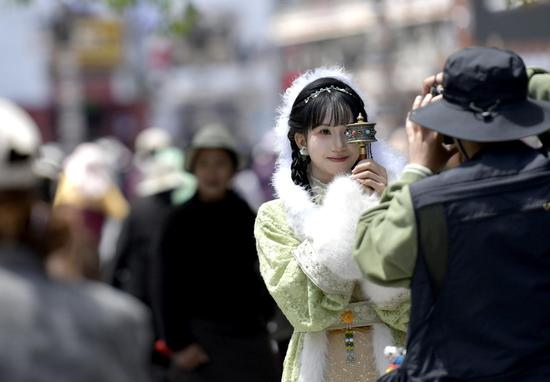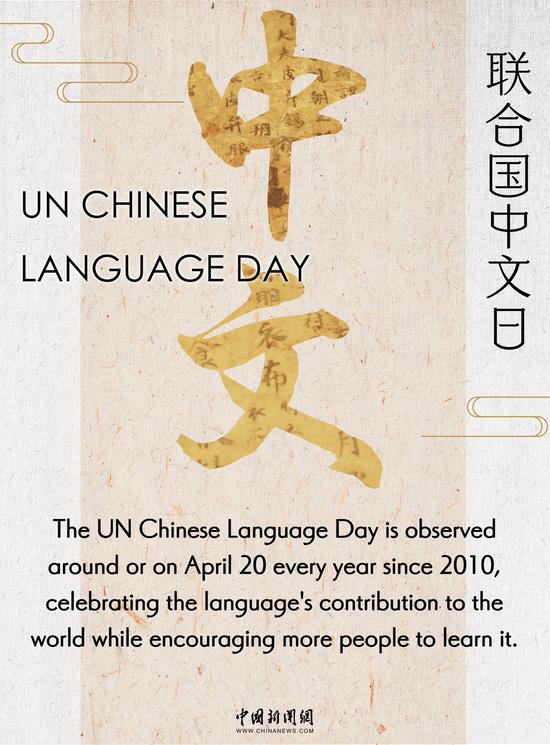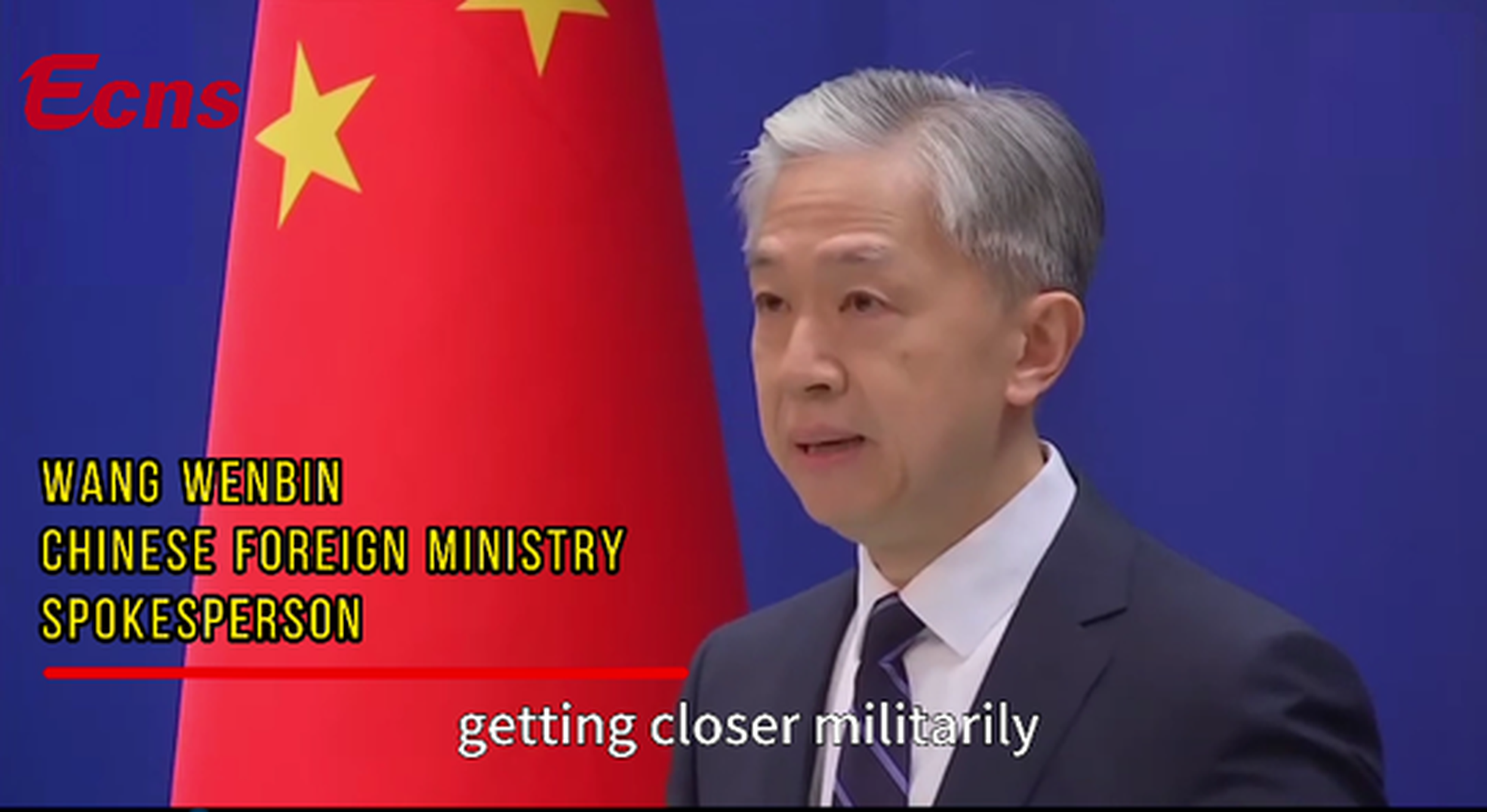In the foreign exchange market on Monday, the yen briefly fell below the 160-yen mark against the dollar, marking its lowest level in about 34 years since 1990.
Concerns about Japanese government and central bank intervention in the foreign exchange market have intensified amid the ongoing depreciation of the yen.
The dollar surpassed the 160-yen threshold for the first time since April 1990, climbing from 158 yen amid light trading activity as Tokyo's financial markets were closed for a national holiday. Yet, the US currency promptly retreated, plunging to as low as 155 yen after reported intervention by Japanese authorities.
The yen has been sharply declining since the Bank of Japan decided to maintain its current monetary policy on Friday.
The bank's Governor Kazuo Ueda said during a news conference after a policy board meeting that the yen's depreciation has not had a significant impact on the basic inflation rate so far. There is a growing view that the BOJ will not raise interest rates for the time being due to the impact of the weak yen.
However, in the United States, where prices continue to rise, there is a growing view that the Federal Reserve will be slow to cut interest rates. The trend of buying high-interest-rate dollars and selling yen continues.
Market participants are now eagerly anticipating the commencement of the US Federal Reserve's two-day policy meeting set to begin on Tuesday.


















































 京公网安备 11010202009201号
京公网安备 11010202009201号